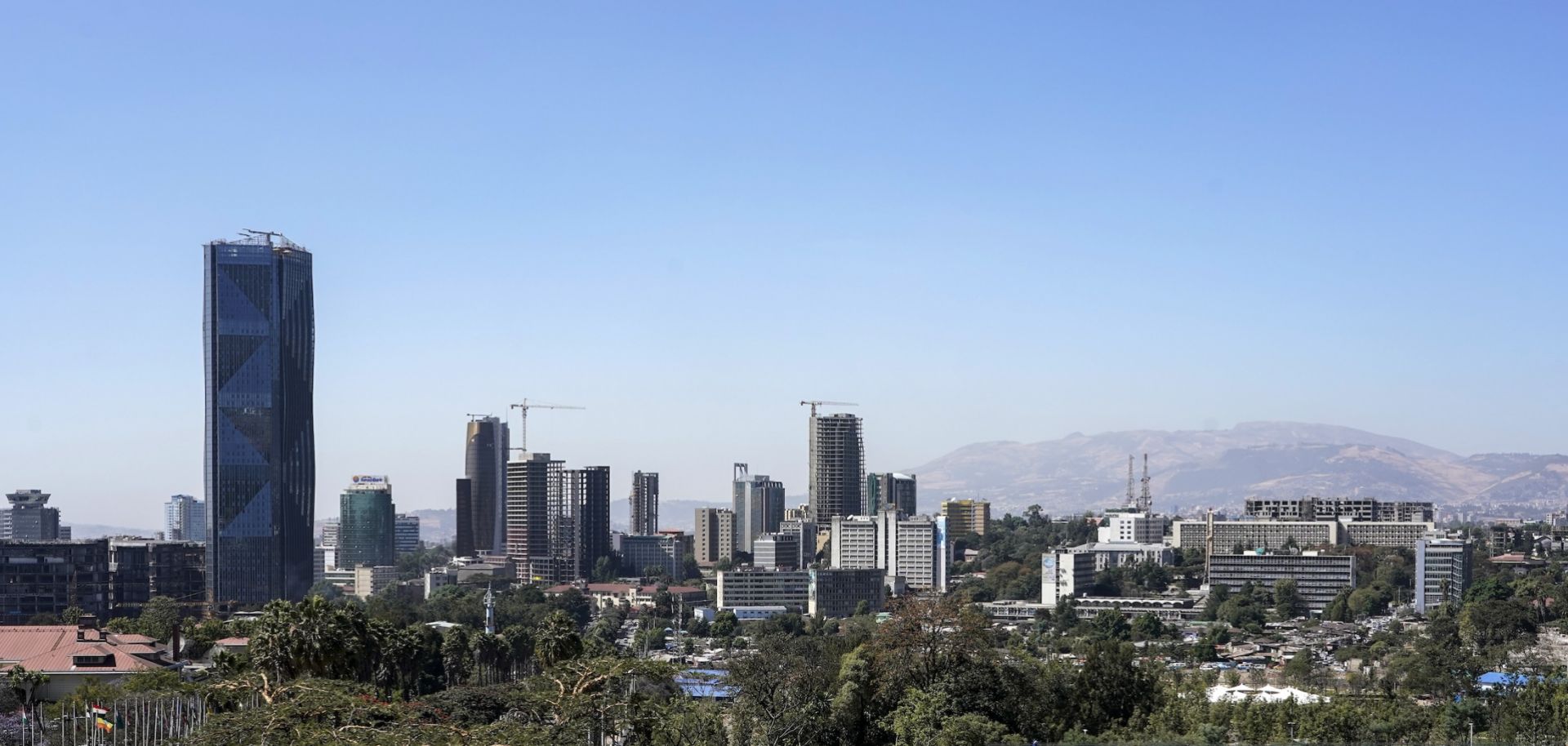Ethiopia's new deal with the International Monetary Fund paves the way for crucial external support, and will also facilitate the country's debt restructuring and improve its investment climate in the long term. But the Ethiopian birr's depreciation against the U.S. dollar portends rising socioeconomic grievances in the short-to-medium term, which ethnic insurgencies could leverage for recruitment purposes. On July 29, the International Monetary Fund (IMF) approved a four-year $3.4 billion support package to Ethiopia, with $1 billion disbursed immediately. The next day, the World Bank approved $1.5 billion in financing to the East African country, thereafter pledging a total $16.6 billion in financial support over the next three years. These announcements came after Ethiopian Prime Minister Abiy Ahmed unveiled plans for major economic reforms on July 28, including shifting to an interest rate-based monetary policy, reviewing the country's subsidy regime, and reforming state-owned enterprises. Most notably, Ethiopia's central bank, the...

